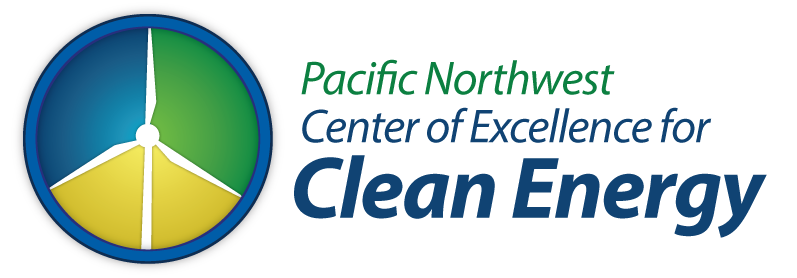Power Plant Operator
Power plant operators control and monitor boilers, turbines, generators, and auxiliary equipment in power-generating plants. They distribute power among generators, regulate the output from several generators, and monitor instruments to maintain voltage and regulate electricity flows from the plant. They use computers to report unusual incidents, malfunctioning equipment, or maintenance performed during their shifts.
Also known as: Control Operator, Plant Control Operator, Station Operator, Unit Operator, Auxiliary Operator, Control Room Operator, Shift Operator
Pay Scale
$104,110 in 2021 in WA
$80,850 in 2021 in U.S.
Education
High School Diploma, Certificate, or Associate’s
Projected Opportunities
30 through 2030 in WA
2,100 through 2031 in U.S..
Career Path
The career path for a power plant operator begins with a high school diploma, and most people start in an entry-level helper position. Some companies prefer certifications or an associate degree while others host an apprenticeship for an assistant operator. With the required education and on-the-job training, you can become a power plant operator. Advancement to supervisory positions includes operations specialist and even further to operations supervisor.

Training & Requirements
Training
Power Plant Operators are journey-level workers, required to have a high school diploma and complete extensive on-the-job training in an apprenticeship. With sufficient training and experience, workers can become shift supervisors, trainers, or consultants.
Required Skills
- Comfortable with computer programs such as Microsoft Office
- Strong communication skills
- Detail oriented and focused
- Critical thinking and problem solving
Responsibilities
- Adjust controls to generate specified power and regulate the flow of power
- Monitor power plant equipment and indicators for signs of problems
- Control auxiliary equipment such as pumps, fans, compressors, and filters
- Control power generating equipment including boilers, turbines, and generators
